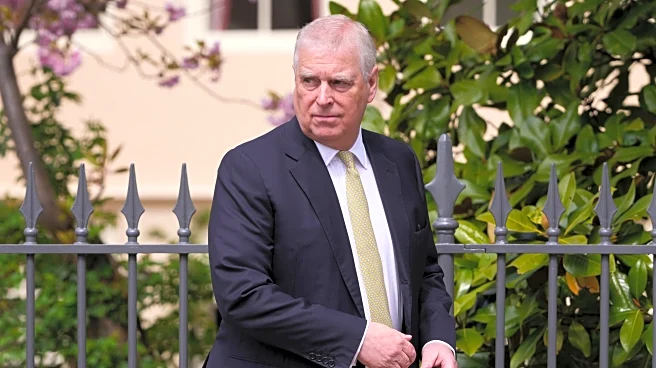Rapid Read • 9 min read
The federal minimum wage in the United States has remained unchanged at $7.25 per hour since July 24, 2009, marking 16 years without an increase. This stagnation has prompted various states and territories to implement their own higher minimum wages, with rates ranging from $8.75 in West Virginia to $17.95 in Washington, D.C., as of July 1. The movement to raise the minimum wage has been supported by campaigns such as Fight for $15, initiated by fast food workers in New York. Business for a Fair Minimum Wage, a coalition of business owners and organizations, advocates for a higher federal minimum wage, citing benefits like increased consumer spending, reduced turnover, and enhanced productivity. Conversely, entities like the U.S. Chamber of Commerce and the National Restaurant Association argue that raising the federal minimum wage could result in layoffs and increased consumer costs.
AD
The debate over the federal minimum wage is significant as it impacts economic policy, business operations, and the livelihood of millions of workers. Advocates for a higher minimum wage argue that it would boost consumer spending and economic growth, benefiting businesses and workers alike. However, opponents caution that a federal wage increase could lead to job losses and higher prices, particularly affecting small businesses and industries with tight profit margins. The outcome of this debate could influence national economic strategies and the financial well-being of low-income workers, highlighting the need for a balanced approach that considers both economic growth and social equity.
The ongoing discussion about the federal minimum wage is likely to continue, with potential legislative efforts to address wage disparities across states. Stakeholders, including business groups, labor organizations, and policymakers, may engage in negotiations to find a compromise that balances economic and social interests. Future developments could include proposals for incremental wage increases or targeted support for industries most affected by wage changes. The outcome of these discussions could shape the economic landscape and influence the standard of living for workers nationwide.
The minimum wage debate also touches on broader issues such as income inequality and social justice. Raising the minimum wage could contribute to reducing poverty and improving the quality of life for low-wage workers, aligning with broader societal goals of equity and fairness. Additionally, the discussion raises questions about the role of government in regulating wages and the balance between federal and state authority in economic policy. These considerations may influence public opinion and policy decisions in the long term.
AD
More Stories You Might Enjoy











